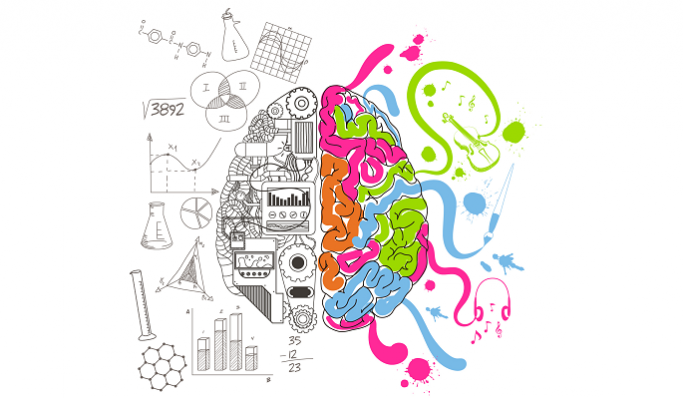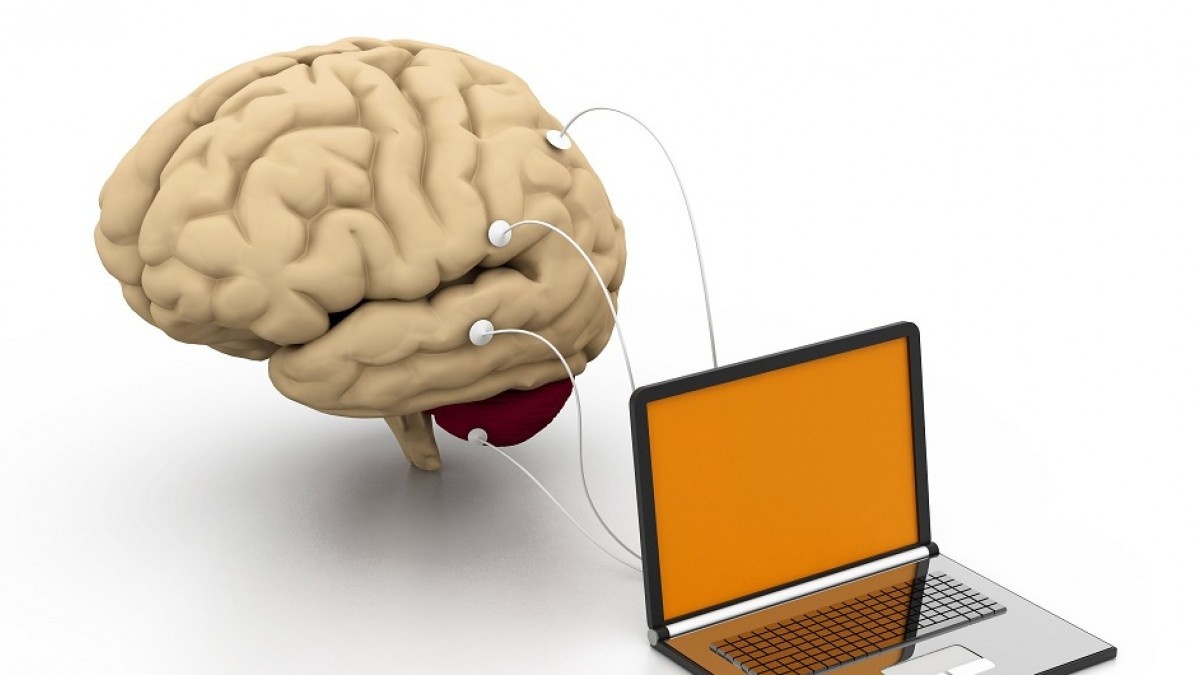Training Your Mind in Sports
What is a Mental Performance Consultant?
It is the name we give to the professional who works in the mental preparation of athletes.The minimum education required is a master’s degree in sports and performance psychology.
Also important for peak athletic performance are the athletes’ physical fitness, motor skills, and technical and tactical skills.
Book Your Free Consultation
What is Mental Training?
Mental Training is the strength and conditioning training of your mind in sports.
You learn and practice mental skills to develop the mental toughness (strength) needed to deal with whatever the competition brings and stay focused on your goal. And you learn and practice skills to develop the resilience (conditioning) needed to deal with challenges and pressure within and outside the sport. Mental Training also has a set of skills to help you maximize the gains from your physical training and improve recovery.
The most important aspect is to remember that “Mental Training” is training and requires repetitions to master the skill.

What is psychophysiology?
“Psychophysiology is the science that studies the physiology of psych functions through brain-body interrelationships of the living organism in conjunction with the environment.”
In simple words, it is the science that studies the mind-body connection and how it responds to the environment. Applied Psychophysiology and Biofeedback are used to help athletes learn how they respond during competitions and adapt to the physical stress of intense workouts. Then, athletes can manage physiological activity to maximize athletic performance and achieve optimal recovery.

What is Biofeedback?
Biofeedback means biological feedback because thoughts and emotions influence our physiology and, consequently, athletic performance. Biofeedback equipment is used to help athletes understand and manage thoughts and emotions associated with the competition. Also, Biofeedback helps athletes control the activation levels for best performances. By becoming aware of the physiological processes (biological feedback), athletes can choose the responses that were previously automatic.
How does it all come together?
Concern: Terms such as anxiety, nervousness, and intensity (the adrenaline rush) are often used to describe the levels of psychological and physiological activation prior to competition. We call it the stress response, and it is energy to prepare the athlete for the competition. However, this energy can become detrimental to performance depending on the athlete’s perception of how much control he/she has over the situation. Also, some athletes can experience moments of too much energy, which can lead to muscles firing too fast and mistakes or going too fast and tiring.
Intervention: Your mental training program will give you a set of tools (mental skills) to change your interpretation/perception of the situation. And teach you a set of skills that will help you identify the moments where the energy is too high and use the techniques to calm down to match the energy demands of the task. Mental Training also has a set of skills to help you learn the sports skills faster, so what was seen as a threat before (e.g., an excellent score from the opponent) is now just a challenge you can overcome.
What is NOT and what IS mental training;

Mental Training will NOT change the person you are. Mental Training WILL help you to identify
your optimal zone of energy to show your well-trained sports skills.

Mental Training is NOT demanding affirmations such as “winners think like this…So you should think and act like that…” Mental Training IS a set of skills that will help you deal with challenges and pressure independent of existing circumstances.

Mental Training is NOT therapy for athletes. If you are underperforming, it does not mean you have a mental disorder. Mental Training IS psychology applied to enhance performance.
“Humans have the ability to change the body’s functioning with thought, with emotion, and with memory" -Robert Sapolski -
This can be for both good and bad depending on a trained or an undisciplined mind!”
Do you train your mind to perform at your best?
Your mind can be your best asset or your biggest opponent!

If you are an athlete who knows the importance of being mentally prepared,
I invite you to Book a Free Online Consultation.
Book Free Consultation
